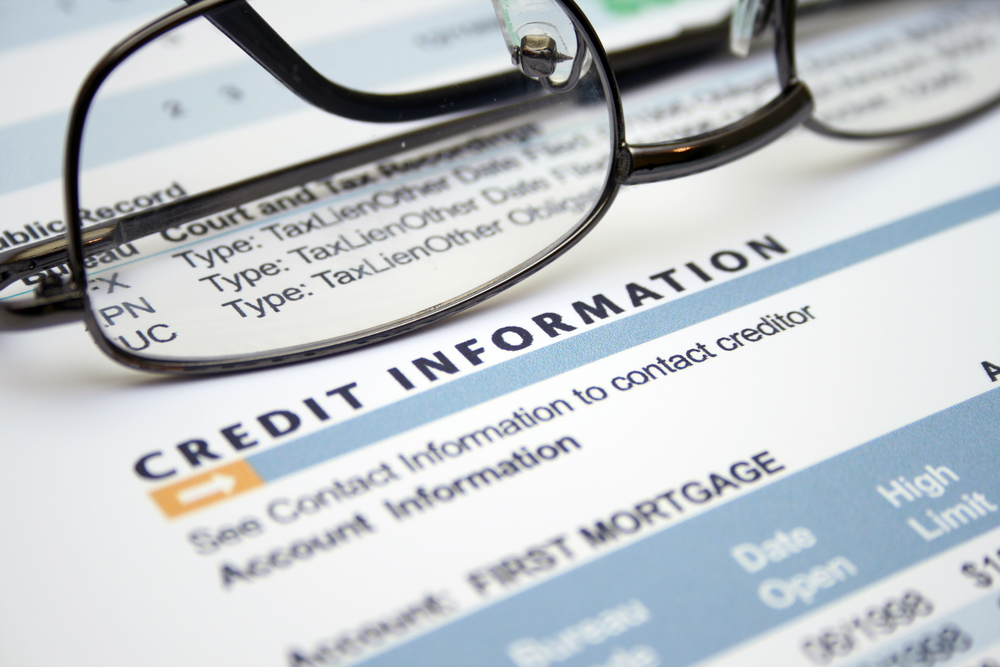While there are many personal loans on offer, South African laws require lenders to conduct background checks before approving any loans. These generally include credit checks, income checks, and affordability tests. These background checks are all methods of testing your risk as a consumer, which is perfectly reasonable.
But did you know that there are two types of credit checks, and the type of credit check your lender uses has an effect on your credit score? Let’s explore soft credit checks, why lenders may use them, and how soft credit checks can impact your personal loan application.
Hard Credit Checks vs. Soft Credit Checks
When a lender wants to inquire about your credit history, there are two types of credit checks they can perform: hard credit checks or soft credit checks. Usually, only lenders will perform hard credit checks, but occasionally, potential employers or legal organisations such as debt collection agencies may require credit checks.
Hard credit checks involve your lender requesting your full credit history from one of South Africa’s 11 credit bureaus. Out of the eleven credit bureaus, three main bureaus are most commonly used. These are Experian, TransUnion, and Xpert Decision Systems (XDS).
Hard credit checks are generally performed once a loan application has been received, meaning you are certain of the lender, the type of loan, and the loan amount you want. Hard credit checks are also used when you apply for other lines of credit, such as credit cards, or when you are requesting an increase in your credit limit.
The main issue with hard credit checks is that it temporarily causes a drop in your credit score. Consumers who submit multiple credit applications within a short period of time, for example, applying for three or four credit cards within the same month, are a red flag to lenders. The drop in credit score acts as a deterrent to those who might be considering making multiple personal loan applications, particularly people with already low credit scores.
How do Soft Credit Checks Work?
In comparison, soft credit checks can be used by lenders to ‘pre-approve’ a loan amount for you. Soft credit checks are primarily used by lenders when assessing a borrower’s suitability for a personal loan. These types of credit checks allow potential lenders to get an overview of your credit history and ability to manage debt. Soft credit checks are usually performed by agreement with the lender’s choice of credit bureau such that your credit score is unaffected.
Soft credit checks are made for purely informational purposes and are not part of any official personal loan process. This means that you should not feel in any way obligated to begin a formal loan application if a lender runs a soft credit check on you, nor should you be asked for authorisation to perform a soft credit check.

Consumers can use soft credit checks to regularly check that their credit report is accurate before applying for a personal loan. You can also use soft credit checks to ensure that your credit report reflects good creditworthiness before contacting lenders. This can help you negotiate better personal loan interest rates, your desired loan amount, and other favourable terms.
How do Soft Credit Checks Impact My Loan Application?
Whilst soft credit checks do not affect your credit score, these types of credit checks can positively affect your loan application. If a lender pre-approves you for a certain loan amount range, this means that they foresee you being able to afford a personal loan within that range.
Keep in mind that being pre-approved does not mean that your loan application is guaranteed to be approved. You will need to pass the hard credit check, fraud checks, and other affordability tests. However, it can mean a faster and easier loan application process compared to simply applying without being pre-approved.
If several lenders have pre-approved you or performed soft credit checks, you have a better idea of which lender suits your needs best. Lenders you have borrowed from in the past may occasionally reach out to offer pre-approved personal loans. These loans may come with particularly attractive terms tailored to your financial situation.
Obtaining pre-approval is often not a time-consuming process, and it is an easy way to narrow down your choice of lenders. With BetterLoans, you can confidently enter the personal loan application process, knowing what you can afford to borrow.
Why do Lenders use Soft Credit Checks?
Lenders typically use soft credit checks when granting pre-approval for a personal loan. A personal loan pre-approval is a pre-qualification for a certain range of loan amounts. This pre-approval gives you a good idea of the type of personal loan your lender can offer you, and lenders may seek to entice you to follow through with the formal loan application process.
Let’s consider a scenario where you approach your current bank and express interest in their personal loan offerings. You have not officially applied for a personal loan but would like to know how much you can borrow and at what interest rate. Your bank conducts a soft credit check and offers you a personal loan with an interest rate of 11% and a loan amount range of R3 000-R100 000.
Lenders can also use soft credit checks to determine if you are a suitable client. Given that soft credit checks provide lenders with a rough idea of your credit history and the level of risk you pose as a borrower, your lender may decide if they would be able to offer you a personal loan at all. This saves both the lender and the borrower the time and hassle of going through a formal personal loan application.


